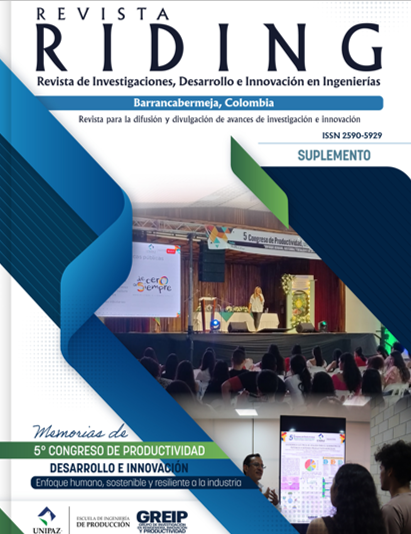Sustainable Management of Pig Waste Effluents in Livestock Water ALIAR / LA FAZENDA
Keywords:
efluentes porcícolas, manejo sostenible, economía circular, tecnologías de tratamiento, sostenibilidad ambiental, beneficios sociales, innovación agropecuariaAbstract
The presentation Sustainable Management of Pig Waste Effluents in Livestock Water ALIAR / LA FAZENDA, delivered by Master Diego Alejandro Bernal Duarte, addressed the importance of responsible management of effluents generated in the pig industry. Master Bernal emphasized that the growth of this industry has led to an increase in organic waste generation, posing a significant challenge for environmental sustainability.
Bernal Duarte stressed that sustainable effluent management is based on the principles of the circular economy, where waste is considered valuable input rather than a problem to be eliminated. This approach aims to recover, treat, and reintegrate nutrients into the production cycle, thereby minimizing environmental burden.
One of the central aspects of his presentation was the implementation of effluent treatment systems, which include technologies such as stabilization ponds, anaerobic digestion, and advanced oxidation processes, allowing for the efficient removal of contaminants. These systems not only help purify the effluents but also facilitate nutrient recovery, contributing to the reduction of pollution in water bodies.
The Master also discussed the environmental, economic, and social benefits of sustainable effluent management. Reducing pollution in surface and groundwater is crucial for preserving aquatic ecosystems and protecting biodiversity. Furthermore, nutrient reuse can lower production costs and enhance the resilience of agricultural systems.
From a social perspective, proper effluent management improves the quality of life for communities near pig farms, generating employment and development opportunities.
Bernal concluded his presentation by highlighting that the implementation of these practices is not only beneficial for the environment but also represents an opportunity for innovation and sustainability in the agro-industry.
References
Congreso de Productividad, Desarrollo e Innovación: Enfoque humano, sostenible y resiliente a la industrial
Downloads
Published
Issue
Section
License

Este obra está bajo una licencia de Creative Commons Reconocimiento-NoComercial-CompartirIgual 3.0 Unported.


